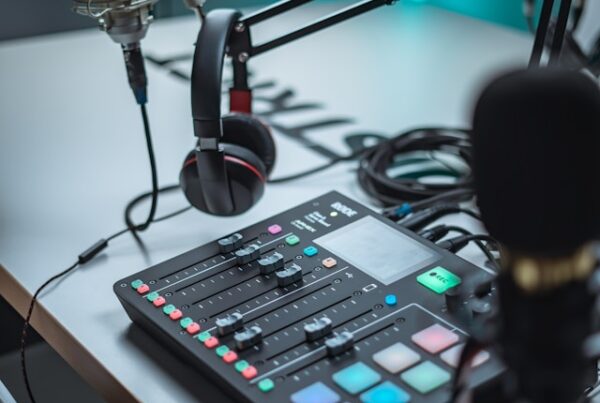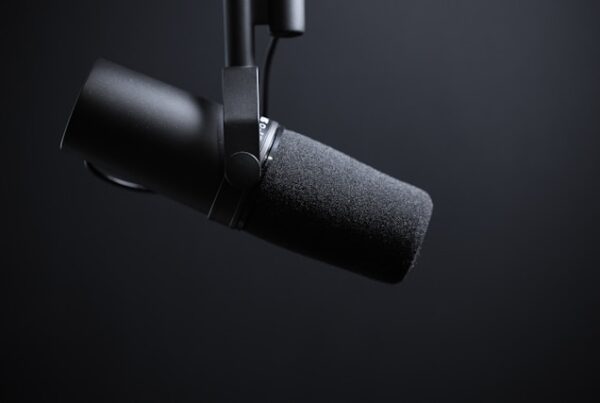Hitting a weight-loss plateau can be frustrating, but it’s not the end of your journey. In fact, it’s often a sign that your body is adjusting to your new lifestyle and needs a little extra push to keep shedding those pounds. In this comprehensive guide, we’ll explore the science behind weight-loss plateaus and unveil strategies to help you break through and achieve your goals. From adjusting your diet and exercise routine to managing stress and sleep, we’ve got you covered with everything you need to overcome the plateau and continue on your path to success.
Understanding Weight-Loss Plateaus: Why They Happen
Before diving into solutions, it’s essential to understand why weight-loss plateaus occur. When you first start a weight-loss journey, your body responds by shedding excess water weight and burning through glycogen stores. As you continue to lose weight, however, your metabolism may slow down, and your body may become more efficient at conserving energy. This can lead to a plateau, where you stop losing weight despite sticking to your diet and exercise plan.
- Metabolic Adaptation: Your body is designed to adapt to changes in calorie intake and energy expenditure to maintain homeostasis. When you create a calorie deficit through diet and exercise, your body may respond by lowering your metabolic rate to conserve energy, making it harder to lose weight.
- Hormonal Changes: Weight loss can also lead to changes in hormone levels, including leptin and ghrelin, which regulate hunger and satiety. As you lose weight, levels of leptin, the hormone that signals fullness, may decrease, while levels of ghrelin, the hormone that stimulates hunger, may increase, making it more challenging to stick to your calorie goals.
- Muscle Loss: During weight loss, your body may also break down muscle tissue for energy, especially if you’re not strength training regularly. Muscle loss can further decrease your metabolic rate and make it harder to lose weight, leading to a plateau.
By understanding the underlying factors contributing to weight-loss plateaus, you can better tailor your approach to overcoming them and continue making progress towards your goals.
Adjusting Your Diet: Fine-Tuning Your Approach
One of the most effective ways to break through a weight-loss plateau is to reassess your diet and make adjustments as needed. Here are some strategies to consider:
- Calorie Cycling: Instead of sticking to the same calorie intake every day, try cycling your calories by alternating between higher and lower calorie days. This can help prevent your metabolism from adapting to a consistent calorie deficit and may jumpstart weight loss.
- Macronutrient Manipulation: Experiment with adjusting your macronutrient ratios, such as increasing protein intake and reducing carbohydrate intake. Protein is more satiating than carbohydrates and can help preserve muscle mass during weight loss, potentially preventing metabolic slowdown.
- Meal Timing: Pay attention to when you eat as well as what you eat. Some research suggests that intermittent fasting or time-restricted eating may be effective strategies for breaking through a weight-loss plateau by promoting fat burning and improving metabolic health.
- Food Quality: Focus on consuming nutrient-dense, whole foods that provide essential vitamins, minerals, and antioxidants. Avoid processed foods and empty calories, which can sabotage your weight-loss efforts and contribute to metabolic dysfunction.
By making strategic adjustments to your diet, you can reignite your metabolism, overcome the plateau, and continue making progress towards your weight-loss goals.
Revving Up Your Exercise Routine: Maximizing Calorie Burn
In addition to tweaking your diet, increasing your physical activity can also help break through a weight-loss plateau. Here are some tips for revving up your exercise routine:
- Strength Training: Incorporate resistance training into your workouts to build lean muscle mass and boost your metabolism. Muscle tissue burns more calories at rest than fat tissue, so increasing your muscle mass can help you burn more calories throughout the day, even when you’re not exercising.
- High-Intensity Interval Training (HIIT): HIIT workouts involve alternating between short bursts of intense exercise and brief periods of rest or lower-intensity activity. HIIT has been shown to be more effective than steady-state cardio for fat loss and can help increase calorie burn both during and after exercise.
- Increase Non-Exercise Activity: Look for opportunities to increase your daily activity levels outside of structured exercise sessions. Take the stairs instead of the elevator, park farther away from your destination, or incorporate more movement into your daily routine.
- Stay Consistent: Consistency is key when it comes to exercise. Aim to be active most days of the week, even if it’s just for a short walk or a quick bodyweight workout. Establishing a regular exercise routine can help prevent future plateaus and support long-term weight maintenance.
By incorporating strength training, HIIT, and increased non-exercise activity into your routine, you can boost calorie burn, preserve lean muscle mass, and overcome the plateau standing between you and your goals.
Managing Stress and Sleep: Addressing Lifestyle Factors
Stress and sleep play crucial roles in weight regulation and can impact your ability to break through a weight-loss plateau. Here’s how to manage these lifestyle factors for optimal results:
- Stress Management: Chronic stress can lead to elevated cortisol levels, which can promote fat storage and make it harder to lose weight. Incorporate stress-reducing activities into your daily routine, such as mindfulness meditation, deep breathing exercises, or yoga.
- Prioritize Sleep: Lack of sleep can disrupt hormone levels, including leptin and ghrelin, leading to increased hunger and cravings. Aim for 7-9 hours of quality sleep per night to support optimal metabolic function and weight loss.
- Hydration: Staying hydrated is essential for overall health and can also support weight loss by promoting satiety and preventing overeating. Aim to drink plenty of water throughout the day and limit sugary beverages and alcohol, which can contribute to excess calorie intake.
- Mindful Eating: Pay attention to your hunger and fullness cues and practice mindful eating to avoid overeating. Slow down and savor each bite, and try to eat without distractions like screens or phones to fully appreciate your meals.
By prioritizing stress management, sleep, hydration, and mindful eating, you can create a supportive environment for weight loss and overcome barriers to progress.
Seeking Support and Accountability: Harnessing the Power of Community
Finally, don’t underestimate the importance of support and accountability in overcoming a weight-loss plateau. Whether it’s through online forums, support groups, or working with a coach or personal trainer, having a support system can make all the difference in staying motivated and sticking to your goals.
- Join a Community: Seek out online communities or local support groups where you can connect with others who are also on a weight-loss journey. Sharing experiences, tips, and encouragement can provide valuable support and motivation when you’re feeling stuck.
- Work with a Professional: Consider working with a registered dietitian, nutritionist, or personal trainer who can provide personalized guidance and support tailored to your individual needs and goals. A professional can help you navigate the challenges of overcoming a weight-loss plateau and develop a plan that works for you.
- Track Your Progress: Keep track of your food intake, exercise habits, and progress towards your goals using a journal, app, or wearable fitness tracker. Monitoring your progress can help you identify patterns, track changes over time, and stay accountable to your goals.
- Celebrate Non-Scale Victories: Remember that progress is not always reflected on the scale. Celebrate non-scale victories, such as improved energy levels, increased strength and endurance, and better overall health and well-being. These small wins can help keep you motivated and focused on the bigger picture.
By surrounding yourself with a supportive community, seeking professional guidance, tracking your progress, and celebrating your achievements, you can stay motivated and empowered to overcome any obstacles standing in your way.
Strategies for Overcoming a Weight-Loss Plateau – snippet
Discover effective strategies for breaking through a weight-loss plateau and achieving your goals with our comprehensive guide. Learn about the science behind plateaus and unveil actionable strategies to adjust your diet, rev up your exercise routine, manage stress and sleep, and seek support and accountability. Don’t let a plateau derail your progress—break through and reach your full potential today!
Related items..
-
AnteAGE® Overnight Brows Serum 3.5ml
$75.00 -
AnteAGE® Eye (15ml)
$105.00 -
PCA Skin Hyaluronic Acid Boosting Serum 3oz
$315.00 -
Katavi Radiant-S Facial Serum NEW
$55.00 -
Katavi Natural Cleansing Wash
$33.00 -
Katavi Moisturizing Day Cream
$43.00 -
Katavi Tula Tula – Intensive Night Care
$43.00 -
N/um – Kigelia Booster Serum
$46.00 -
Katavi Hluba – Enzymatic Peel
$30.00 -
Katavi Miracle Hydration Oil
$40.00
Sign Up for Monthly Newsletter to Learn & Save
Stay current on promotions, discounts and sales.
Get Your Learn On

Unveiling Testosterone Optimization with Andrew Huberman on the Joe Rogan Podcast























